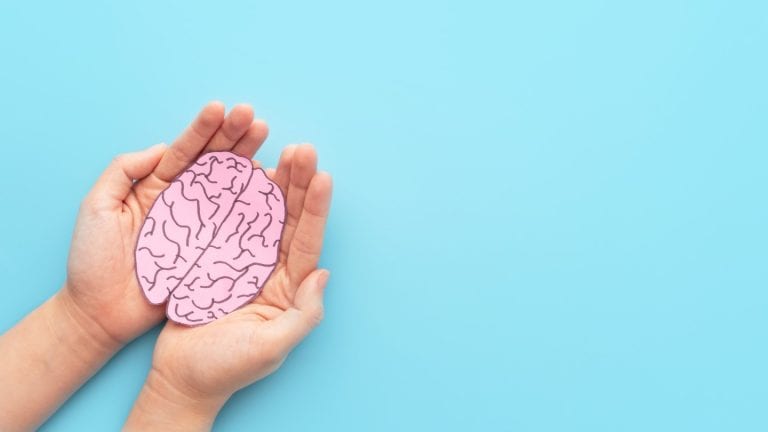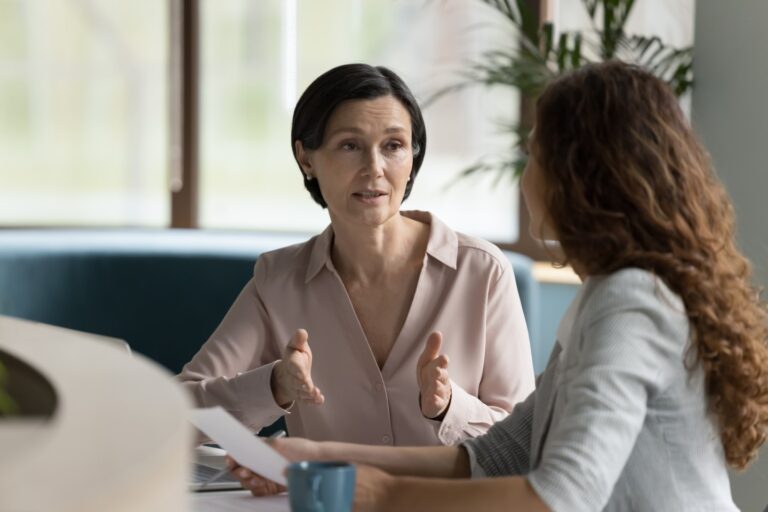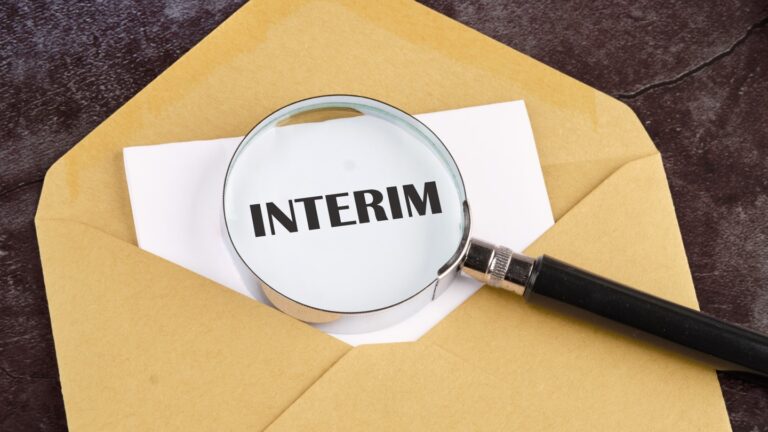Dangers of gambling after a brain injury
The impact of suffering a serious brain injury can be life changing. Brain injury survivors often suffer from symptoms such as difficulties moving and speaking but it is not only physical symptoms that are associated with brain injury. The impact of brain injury can be wide ranging, affecting a survivor’s personality and behaviour in a way that few people may expect.
Research suggests startlingly that following a brain injury, people are more vulnerable to gambling addiction than others, with online gambling and internet casinos posing a particular problem. The Institute for Clinical Evaluative Sciences (ICES) in Canada research says that adults with a brain injury are 27% more likely to report issues with problem gambling than the general population.
The link between brain injury and gambling addiction could be due to multiple factors. Headway the Brain Injury charity, suggests that the behavioural effects of brain injury such as disinhibition, impulsiveness and obsessive behaviour make brain injury survivors more vulnerable to the addictive nature of gambling.
The cognitive effects of brain injury, including memory loss and impaired reasoning, mean that it may be more difficult for a brain injury survivor to keep track of the amount of money they have spent, or make reasonable and informed decisions as to whether to keep playing. Often, survivors don’t know that their behaviour is problematic and it can be difficult for them to understand the damage it is causing their lives.
The social effects of a brain injury can further exacerbate problem gambling behaviour. Brain injury survivors often report their friends and family struggling to understand their difficulties and needs, meaning relationships can become strained. We often hear that brain injury survivors feel misunderstood, which can understandably cause frustration, loneliness and feelings of isolation.
This social isolation means that online communities can be incredibly appealing. It is easier for sufferers to ‘hide’ their brain injury, feel a sense of community and belonging, without being seen as different. Brain injury sufferers are turning to online gambling communities as they become increasingly socially withdrawn.
According to independent charity GamCare, problem gamblers often ‘lose interest in maintaining real personal relationships as their preoccupation with gambling intensifies’, therefore causing further social isolation and trapping brain injury survivors in a vicious circle. GamCare seek to promote responsible attitudes to gambling, regardless of whether someone has a brain injury.
Critics fear that not enough is being done to safeguard people from problem gambling, particularly those with brain injuries. Although it is possible to ‘self-exclude’ from online gambling websites, these systems are not stringent enough and can easily be circumvented by setting up a new profile.
Of course, not everyone who suffers a brain injury will develop a gambling addiction and with the right help, sufferers can recover and thrive. What’s important is that any difficulties are picked up early and appropriate advice together with support is given.
How a Legal Claim Can Help
As part of legal claim, we are able to help our clients manage the effects of their brain injury. We do this by working with them, their families and friends, as well as professional experts in care, occupational therapy and neuropsychology. We assess each client’s difficulties and identify what they need for support. Compensation is then used to help clients get back on their feet by giving them access to the required treatment, therapies, equipment and guidance.
If someone has suffered a brain injury due to medical negligence or an accident that was not their fault, then they have a right to compensation to account for their needs as a result of the injury. This will include everything from treatment to dealing with ‘hidden’ symptoms such as gambling addictions.
If you are concerned about yourself or a loved one, you can contact Headway, the Brain Injury Charity, on 0808 800 2244 for support and information on living with a brain injury or to get help with problem gambling.
Gamcare provides information, support and counselling for problem gamblers in the UK. You can contact their National Gambling Helpline on 0808 8020 133.
GamAnon is a support group for anyone who is affected by a loved one’s problem gambling
For links to the research from The Institute for Clinical Evaluative Sciences (ICES) in Canada see below:










